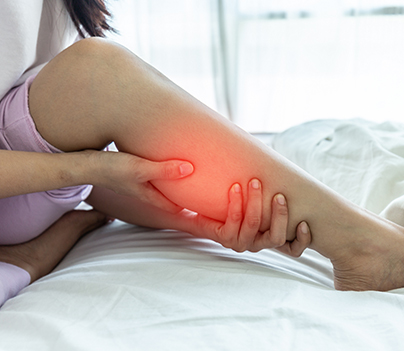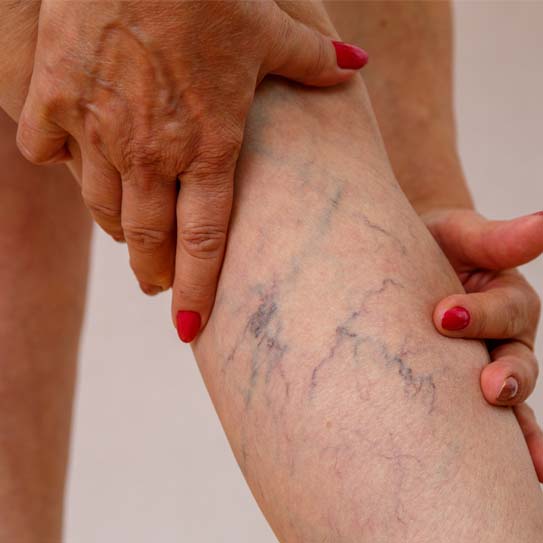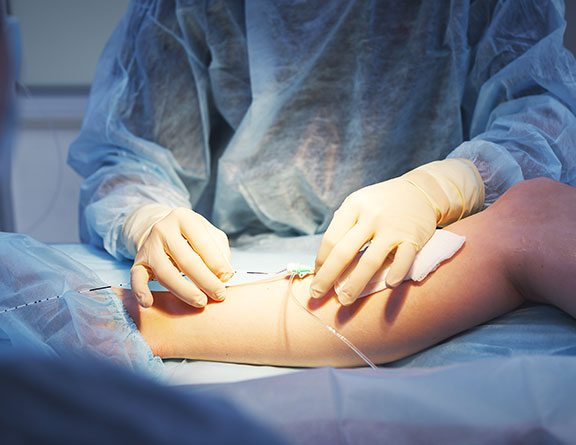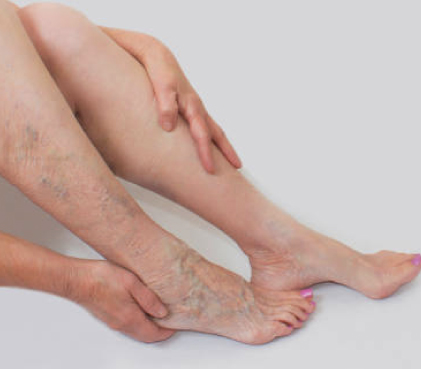Your doctor could want you to do the following to get ready for surgery for rectal prolapse:
Use a specific soap to clean. You will be instructed to use antiseptic soap in the shower prior to surgery in order to reduce the risk of infection from bacteria on your skin.

What are the causes of rectal prolapse?
There are many reasons of rectal prolapse, including: long-term history of diarrhea and constipation straining or applying a lot of pressure when going to the bathroom a prior history of hip or anal injuries aging-related weakening of the rectal muscles and ligaments
How do you know you have rectal prolapse?
Various signs of rectal prolapse include: The anus was showing a crimson mass. uncontrollable bowel motions diarrhea or indigestion Drainage of blood or mucus from the rectum following a bowel movement, experiencing fullness in the lower abdomen
What is the difference between rectal prolapse and haemorrhoids?
Rectal prolapse and hemorrhoids are frequently confused since they both cause similar symptoms. Despite having similar symptoms, both illnesses are distinct, and so are the effects they have. Hemorrhoids produce uncomfortable symptoms, yet they frequently get better on their own without the need for medical attention. Rectal prolapse, on the other hand, is a persistent, progressive condition that always calls for medical attention.
Can rectal prolapse get better on its own?
No, rectal prolapse is a dangerous condition that needs to always be treated because it never gets better on its own. .

Also known as endovenous laser treatment or EVLA, this is a minimally invasive ultrasound-guided procedure that involves the use of ultrasound images and laser fiber in order to kill the delicate lining of the veins. After a few days following the procedure, the body absorbs the dead tissues, closing off the abnormal veins with minimal or no discomfort. This is one of the most commonly preferred methods as it involves far fewer complications, and the recovery time, as well as the success rate of this method, is much faster and higher than that of any surgical process.

Also known as endovenous laser treatment or EVLA, this is a minimally invasive ultrasound-guided procedure that involves the use of ultrasound images and laser fiber in order to kill the delicate lining of the veins. After a few days following the procedure, the body absorbs the dead tissues, closing off the abnormal veins with minimal or no discomfort. This is one of the most commonly preferred methods as it involves far fewer complications, and the recovery time, as well as the success rate of this method, is much faster and higher than that of any surgical process.

Also known as endovenous laser treatment or EVLA, this is a minimally invasive ultrasound-guided procedure that involves the use of ultrasound images and laser fiber in order to kill the delicate lining of the veins. After a few days following the procedure, the body absorbs the dead tissues, closing off the abnormal veins with minimal or no discomfort. This is one of the most commonly preferred methods as it involves far fewer complications, and the recovery time, as well as the success rate of this method, is much faster and higher than that of any surgical process.